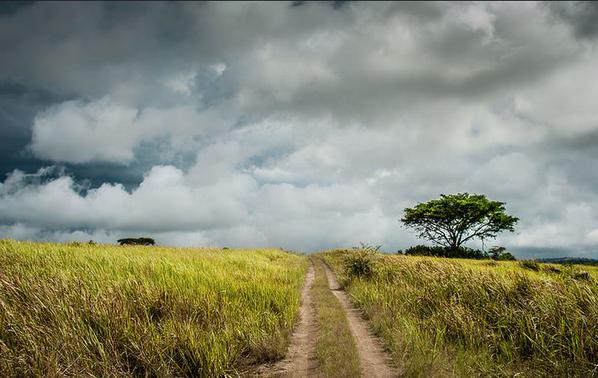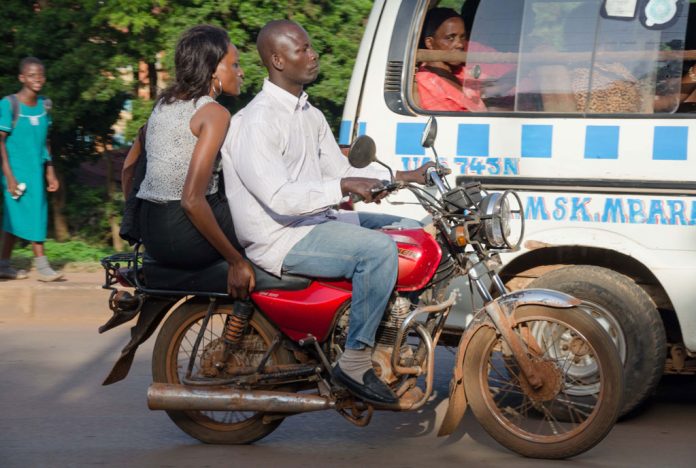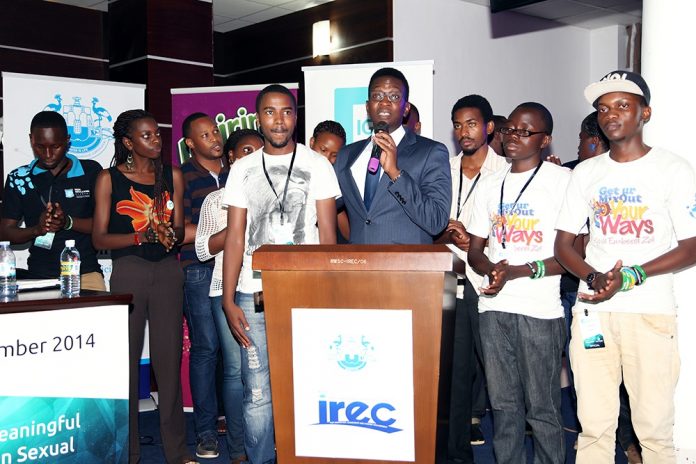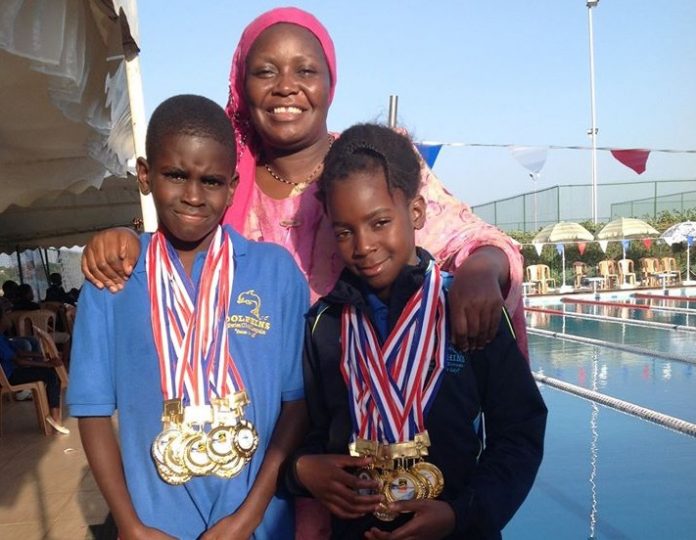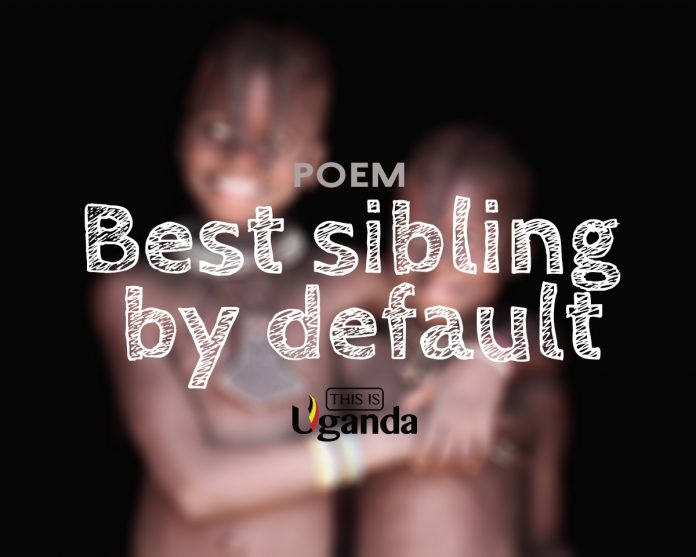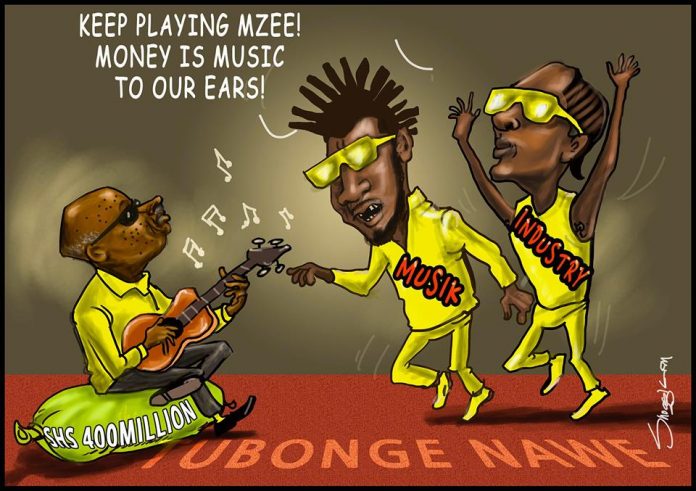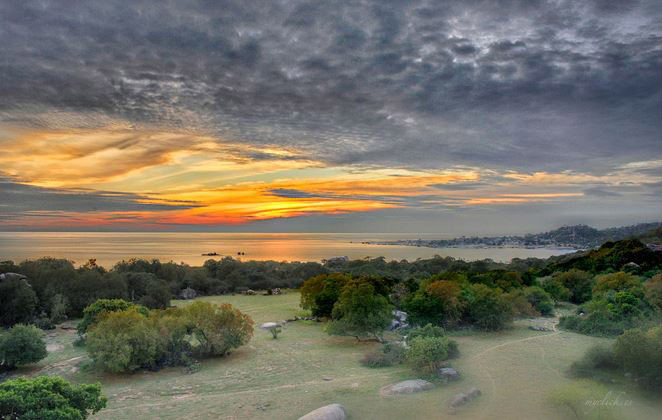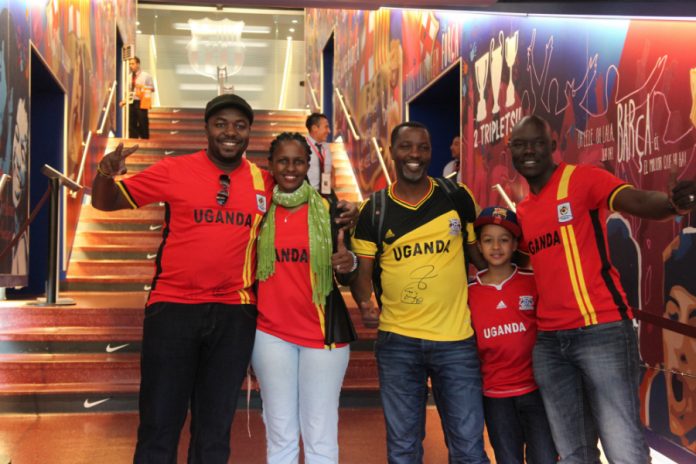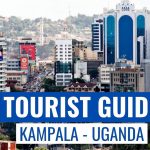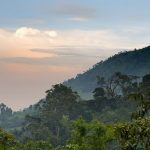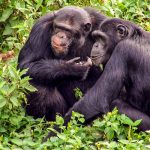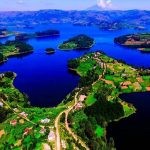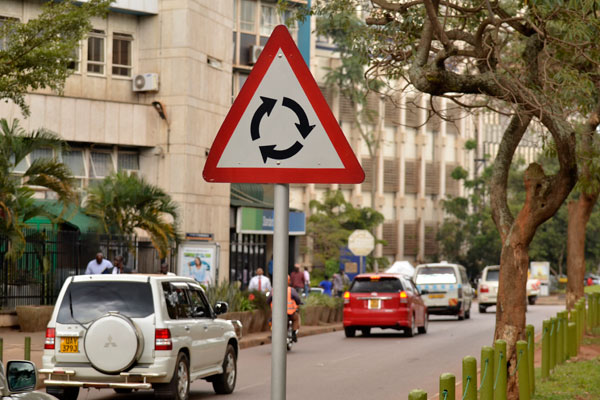Meet the man behind this incredible Organisation. The 26-year-old Nabimanya Humphrey is a gentleman inside and out with a charm to reckon. Humphrey lost his mother (the late Dinah Barbara Kyenteire) and father (the late Yafesi Rwanyamukanga) when he was only nine months. “Against all odds, I managed to sneak through life and graduated with a Bachelor’s degree in Community Psychology from Makerere University.” He says. This is Uganda caught up with Humphrey.
What inspired you to start up Reach a hand Uganda?
I was raised by HIV-positive guardians. My sister and her husband openly live positively (HIV). When I was growing up, my family and I were stigmatized because my peers, their parents found it unbearable to be in our company. I felt hurt but this just inspired me to make a difference.
I became a reproductive health advocate in my secondary school, as I sensitized my peers at 13 years about HIV/AIDS and their reproductive health. This nearly got me an expulsion from school, but it did not waver me. My personal experience and what I witnessed in society created a yearning in me to cause change.
What is Reach a Hand Uganda all about?
RAHU is a unique organization. It is a movement of young people meant to reach out to fellow young people about sexual reproductive health issues and HIV/AIDS. No one understands young people better than young people. Therefore, at Reach a Hand Uganda, we believe all young people must be given an opportunity to break through stereotypes, reach their full potential so as to be able to contribute to a society that they need and desire. That can’t be possible if policies meant for them are being made without them. Thus, we have a youth-to-youth approach and which has proven that youth participation is effective in empowering and inspiring even the most vulnerable and needy youth in defining and achieving future goals.
Why Reproductive health?
You see, that is another stereotype we at RAHU see everywhere. Reproductive health remains silent cancer which no one seems to be interested in talking about thinking all is well but hey, there is a very big problem out there.
Today, the population of people between 10 – 24 years globally stands at 1.8 billion. To bring the point back home, Uganda alone, has over 78% of young people below the age of 24 years. This percentage makes Uganda the youth capital of the world. But again, this makes them extremely defenseless to unintended pregnancies, HIV, sexual abuse, early marriage, and sexually transmitted infections especially in our region of East and Southern Africa.
Therefore if we do not pause and reflect on the health effects of such a youthful population, then we are doomed as a country. Consequently, through our Sexual and Reproductive health agendas, we seek to empower fellow young people with information and knowledge so that they be ready to make informed decisions in life so as to have healthy and vigorous young people.
What recent projects has to Reach a hand conducted?
2015 has been the climax of our activities so far. This year, we introduced the RAHU SRHR (Sexual and Reproductive Health Rights) Youth Fund which is supported by Cordaid, the fund offers grants, training and mentorship to youth-led Community Based Organisations that speak the language of Sexual and Reproductive health needs of their communities. We realised that this is more effective than establishing other branches in the communities, because these organisations are better placed to understand the setting and culture of their community. We support their activities and also share funding opportunities with them so that just as we were able to grow, they too can grow and transform their communities. They do not duplicate our projects because they are not necessarily applicable in those communities. We have the same goal but we encourage them to explore their own creativity and come up with projects relevant to their contexts.
Another is the Inter-generational dialogue (#IGDUg15) which we held at the start of October. The second of its kind, this was bigger and better as we hosted students from all over the country not forgetting elders, policy makers, and religious leaders to have a holistic conversation on SRHR. This dialogue was made possible with the support of our partners like Stop AIDS Now, Rutgers, NWSC, UNESCO, Segal Family Foundation, UNFPA, Events Warehouse, DSW, NBS Television, HelpAge International, SRHR Alliance, and UYAHF.
Following #IGDUg15, we have rolled up our sleeves and have started trekking all angles of the country to engage communities about SRHR. We want to reduce the rate of child marriage by 10% by the next five years. We have been to Kanungu and we are heading to Mubende this week and later Northern Uganda.
We also hold a Peer Educators Academy in January every year, It is an eight monthly program focusing on a one-month-long intensive training of Peer Educators using a module based on SRHR information and life skills. At the end of the training, the trained Peer Educators will be distributed in different schools we work with and different organizations and mentored for the next seven months. Speaking of this, we are already calling for applications for the 2016 class (#PEA2016), so any Senior Six vacist and university students are free to check for details on our website (www.reachahand.org/pea) and apply. Annually, 50 candidates are selected.
If you’ve had songs like Your Ways, If it’s not on it’s not safe, Kaleke Kasome remix and Keep the promise, those are products of our musical project. We work with musicians of good repute like Nyanda, Irene Ntale, Maurice Hassa, Jodie Phibi, Lydia Jasmine and Ray Signature to inspire young people to live a healthy life, through music. This music and more reproductive health information is shared in a youthfull way on our online platforms likes social media and website (http://sautiplus.org/) under our Sautipuls project
We also have a Get your mix out! (GYMO) Campaign- a Behaviour Change campaign targeting Ugandan young people between the ages of 15 to 24.The aim is to empower young people with knowledge and skills to understand their sexuality so that they can make informed choices in life and understand the aspects of HIV/AIDS.
Very inspiring indeed. Lastly, where would you want people to see you and RAHU five years from now?
Our dream is to create a movement of informed young people all around East Africa. Five years from now, we want to look at the young people that we mentored and see empowered, healthy adults who are making informed life decisions like family planning. We want to have a network of thriving youth-led community-based organisations doing the same work as us, creating impact in the communities we cannot reach as RAHU.

